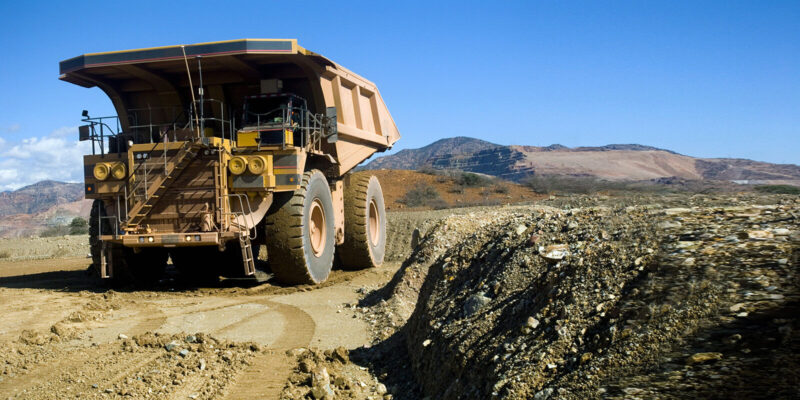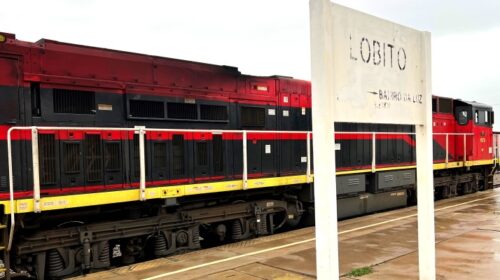NGOs Urge EU to Mandate Traceable Imports from DRC Mines
More than six years after its entry into force, the European Union regulation on the responsible sourcing of tin, tungsten, tantalum and gold from conflict or high-risk areas is struggling to achieve its main objectives, namely breaking the link between mineral exploitation and conflict financing, as well as tackling human rights violations in supply chains, NGOs say.
Twenty European non-governmental organizations have jointly issued a statement calling on the EU and its member states to strengthen enforcement of existing rules and adopt new measures to improve supply chain transparency while increasing support for responsible sourcing in producing countries.
The regulation, known as the “conflict minerals regulation,” has been in force since January 2021, and aims to impact the entire supply chain, from European companies’ suppliers to the mines where the minerals originate.
Unfortunately, more than three years after its full implementation, it has not had a significant impact, particularly in producing countries.
The signatory organizations observed that EU importers often fail to implement adequate and comprehensive supply chain traceability systems, and therefore fail to report the required information.
Most EU importers source from smelters and refiners outside the EU, who, in turn, are rarely transparent about the origin of the minerals.
To remedy this situation, the organizations recommend that the EU requires importers to ensure the traceability of their imports back to the mines of origin, whether or not they come from conflict or high-risk areas.
In addition, they advocate the imposition of dissuasive sanctions on importers who repeatedly fail to comply with the obligations set out in the regulation.
Expanding the scope of information made public by EU importers is also suggested to increase transparency, allowing journalists and non-governmental organizations to play a vital monitoring role and increase public trust.
Furthermore, the signatory organizations advocate that the EU provides the European Commission with greater capacity to play a leading role in the implementation of the regulation, thus strengthening the work of the competent authorities of the Member States.
To avoid over-reliance on industry-established supply chain due diligence mechanisms, the organizations recommend that regulators use a variety of information sources, including those from non-governmental organizations, journalists, academic researchers and the affected communities themselves.
Finally, the organizations urge the EU to strengthen its collaboration with countries producing conflict minerals, providing more comprehensive information to involved actors regarding the EU’s changing due diligence requirements.
A more direct supply approach from conflict or high-risk areas as well as artisanal mining is also recommended to promote practices that respect human rights and the environment.
This statement highlights the urgent need for action to strengthen regulations on conflict minerals, in order to achieve the goals of preventing conflict financing and protecting human rights in supply chains. NGOs call on the EU to take concrete measures to improve the situation in producing countries.
64 total views , 2 views today





